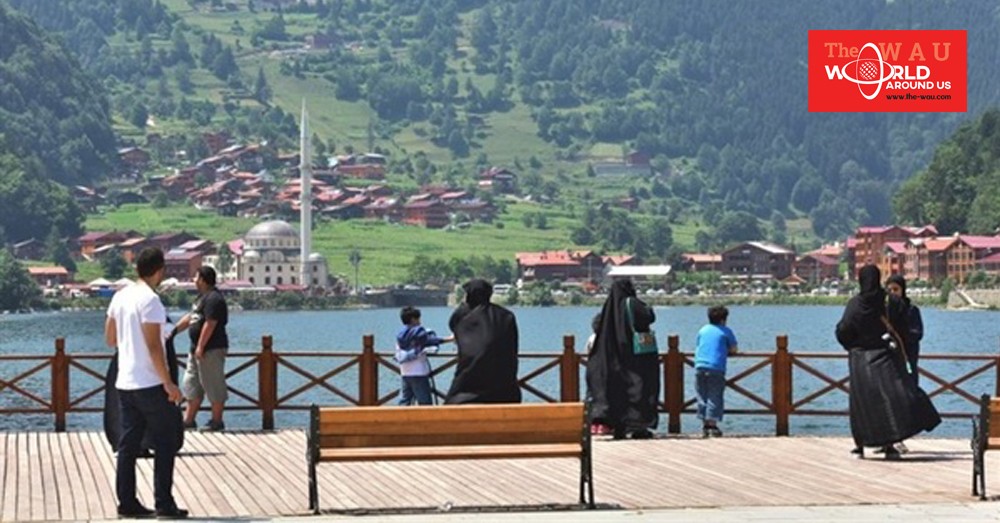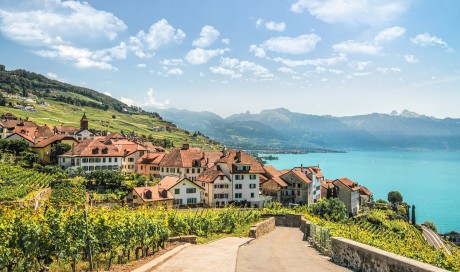A video shared by the kingdom's pro-government Al Riyadh daily looks to discourage Saudi people from visiting Turkey, based on fabricated evidence and false claims, says Turkey's English language news website dailysabah.com
There are many alternatives for Turkey and they are cheaper," says a video shared by the Al Riyadh daily, which is known for its pro-government stance.
The video, shared on the paper's official Twitter account, continues with loads of allegations that target Turkey, without offering any evidence to base them on. Dedicated to dampening Saudi tourists' plans to spend holidays in Turkey, the video claims that the country is not safe for Saudi citizens, "neither for tourism nor for investment."
As a response to the video, which has already received major reactions, hundreds of Arabic-speaking Twitter users shared their own vacation videos from Turkey to show that Saudis are very well welcomed in the country. The initial video, which was uploaded on Saturday, was removed from the daily's social media account yesterday.
The video was not the only one that was shared by the daily, as another also claims that the number of tourists from other countries, such as United Arab Emirates, Iran and Qatar, visiting Turkey have also decreased and asks, "While Turkey hates and misbehaves, why would you go there?" The hashtags that the videos are using were "boycott Turkish tourism," and "our summer in Turkey is more dangerous" in Arabic.
These claims are not only provocative but also based on lies, as data from Turkey's Ministry of Culture and Tourism proves.
Share This Post















